If your estate plan includes a will or a trust, you need to appoint a party to manage your affairs once you have died. This party is called the executor for a will or trustee for a trust and each has a legal responsibility to administer your estate in accordance with both the terms of your document and the laws of the state.
Although administration can differ between a will and a trust, typical functions include paying off the decedent’s final bills, preparing accountings, filing tax returns and, of course, distributing your assets to the beneficiaries of your choice.
Even if formal court supervised administration (probate) is not necessary, handling a loved-ones estate or trust can be a daunting task. Executors and trustees have a number of fiduciary duties which, if breached, can lead to personal liability, family disharmony or even civil and criminal penalties. If this is a concern to you or your family, or you simply prefer to have an independent professional involved in the process, you might want to consider a corporate trustee.
Certus Law Group is a professional law corporation focused exclusively on estate and trust administration. As agent, executor or trustee, we can assist your family with the technical aspects of distributing your wealth as well as the procedures for on-going custody, stewardship and asset management.

